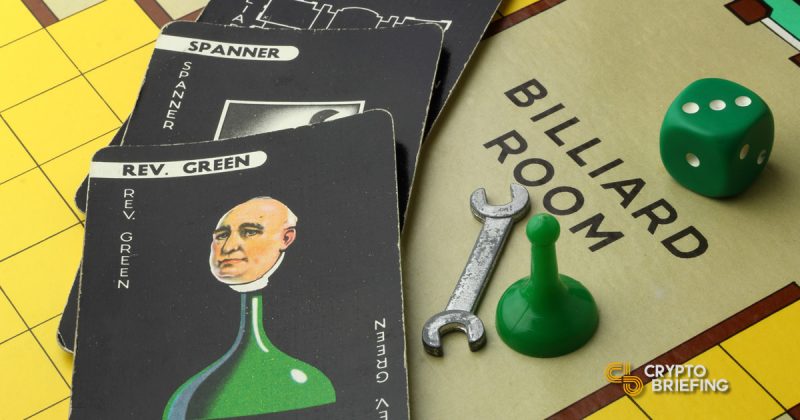
17th Century Financial Instruments Make Blockchain Comeback. Huzzah.
In addition to the futuristic dApps, smart contracts are also giving a second chance to one of the oldest ideas in finance—the Tontine.
Some say the future is on the blockchain, but the past is getting a fair shot too. In addition to the futuristic dApps and new fangled economic models, smart contracts are also giving a second chance to one of the oldest ideas in finance—the Tontine.
TontineTrust says it wants to bring the financial instruments back, on the blockchain. “THE MOST POPULAR PEER-TO-PEER INSURANCE EVER BOUGHT,” the company announces in its website in giant capitals. “OVER $160BN* INVESTED SINCE 1653.”
As TontineTrust explains:
Following the creation of distributed ledger technology, the time is right for a trustless peer-to-peer system which offers users substantial cost savings and is properly secured by advanced mathematics, immutable ledgers & pseudonymous accounts.
If you’re yourself looking up the word “Tontine” in a dictionary, you probably don’t read a lot of mystery novels.
A Tontine is a cross between a pension and a game of Russian roulette. Each participant pays into a shared pot, with the interest split evenly each year. Let’s say thirteen people enter into the agreement. Each gets 1/13 of the pot… until Aunt Mabel keels over behind the old woodshed one day, and then there were twelve… until Cousin Harold comes down with a mild case of Bubonic plague, and then there were eleven…
So unlike an annuity, incomes get higher with time, allowing a larger income the longer you live. Last man – or woman – standing gets the lot.
Or, as TontineTrust puts it (possibly as a nod to yesterday’s Ethereum tweets from William Shatner): “Live Long & Prosper.”
Since the payouts get larger as the members die off, these “death pools” were a staple of old-timey detective stories, in which distant relatives unexpectedly turned out to be the beneficiaries of enormous fortunes. The trope is still enough of a cliché to merit parody by The Simpsons and Archer.
Real Tontines aren’t quite the greedy death pacts portrayed by Agatha Christie, and they were once respectable financial instruments. Louis XIV funded some of his wars through tontines, in a Renaissance-era version of deficit spending. More recently, the New York Stock Exchange was originally sited at Wall Street’s Tontine Coffee House, and I’ll give you three guesses how it was funded.
But there are reasons to think twice about joining a Tontine, and not all of them involve Reverend Green in the Billiard Room with the Spanner.
For one thing, Tontines are illegal in the United States—a consequence of too many players “exploiting bugs”, ahem, in the (not-too-smart) contracts. They remain common in France, however, where death-by-hairdryer-in-the-bathtub is remarkably prevalent.**
For another, the payouts seem to be in $TON tokens, whose only projected use-case involves funding other Tontines. Depending on how successful the platform is, you might have better luck against the Reverend.
TontineTrusts’ private sale will begin in two months, and seeks a soft cap of ten million dollars.
*We couldn’t find the text to which this asterisk referred.
**Probably.
The author is not invested in Tontines, but does own digital assets.
